Opera North continues to be the most reliable, inspiring, resourceful and enterprising opera company in the United Kingdom, and all that without taking account of its extremely limited budget. From April through July it will be presenting its remarkable interpretation of Wagner’s Ring cycle in various cities, including London, so it may not be surprising that before that it is mounting much more modest fare — as indeed everything else is.
Giordano’s Andrea Chénier (1896) seems to be undergoing something of a revival, and this new production in Leeds is the first time it has ever been performed in the north of England. It is normally mounted to satisfy the vanity of a star tenor, with a star soprano taking it relatively easy and giving her all to ‘La mamma morta’. Opera North’s account, directed by Annabel Arden, takes, as usual, a much more all-round approach, once again showing the advantage of not being able to afford temperamental stars. It shows, too, the value of having to make do with the skimpiest scenery, in this case a basic set of nothing at all, surrounded at the stage perimeter by hanging cords. Props, where absolutely necessary, are moved on and off. To begin with I wondered whether for once its minimalism had gone too far, but the singers, dressed in more or less period costumes, soon created a suitable atmosphere, and I had no worries from then on.
The three principal roles are all excellently taken, to the point where ranking them would be unfair. Even so, since the baritone in triangular operas almost always gets least attention, I must mention first the always impressive Robert Hayward as Gérard, the almost-villain who alone in this opera develops in an interesting way. At first, in 1789, he is bitter about the aristocracy, and does all he can to aid in its destruction. He also falls for Maddalena, who has in turn fallen for Chénier in record-breaking time after meeting him; but he refuses her Tosca-like offer of her body for Chénier’s release, and behaves altogether more like a human being than characters in turn-of-the-century Italian operas tend to. Hayward conveys vividly the torment and relative complexity of Gérard, banishing any thoughts of him as a trial run for Scarpia — and his music, though not memorable, is more in tune with his character than most of the rest of the score’s.
Chénier is Rafael Rojas, an Opera North regular and a reliable artist, if a bit on the mature and grizzled side for this ardent poet. He gives powerful readings of his two nondescript arias, and makes a good partner for Annemarie Kremer, who was an impressive Norma for this company. She seemed a little underpowered for Maddalena, until her show-stopper, and the opera’s most memorable moment. Is there any other memorable moment, melodically? Giordano is one of those veristi, who were in long supply for the next 25 years, who wrote in a melodic idiom but almost never actually produced a tune. The mere thought of Puccini in his finest operas banishes the lot of them. As Giordano’s strings soar excitedly on, while his singers proceed in a more parlante style, the opera becomes frustrating; for there are scarcely any thematic reminiscences — even Maddalena’s wonderful big tune in her aria is recalled only once, in the subsequent act; and no one could pretend that the surging orchestral commentary is helping us to understand what is going on within these pasteboard creations. Much more than even in the most debased Puccini (with the exception of the utterly disgusting Turandot) we get the feeling that the situations these puppets are put into are merely the pretexts for the music that Giordano wanted to produce, a sweaty and inflated idiom that makes this short opera seem longer than it is. That was exacerbated, actually, by the superb playing of the orchestra under Oliver von Dohnányi, who managed to convey the full weight of Giordano’s scoring without ever covering the singers. His chorus, too, was on top form, and provided perhaps the most dramatically convincing moments of the evening, as downtrodden peasants morphing with hideous rapidity into bloodthirsty rebels.
The most acute criticisms of Giordano are in Alan Mallach’s The Autumn of Italian Opera, which makes melancholy but unfailingly thoughtful reading. Perhaps that is why it has been almost completely ignored, though it was published in 2007 and covers its subject more completely than any other book I know. Whereas some of Giordano’s contemporaries and successors were able to take plots as feeble as Chénier and use their music to give the characters a dimension that they lacked, his music is an exact equivalent, in its lack of depth, to the miserable libretto Illica supplied him with. Hollywood was soon to do this kind of thing far better, with music playing the role which, at this level, it is most suited for.
Got something to add? Join the discussion and comment below.
Get 10 issues for just $10
Subscribe to The Spectator Australia today for the next 10 magazine issues, plus full online access, for just $10.

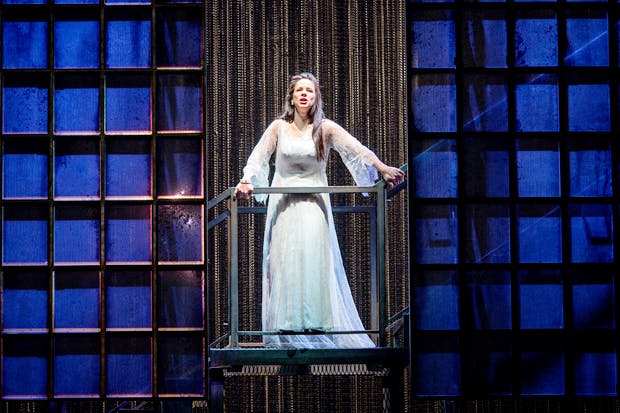
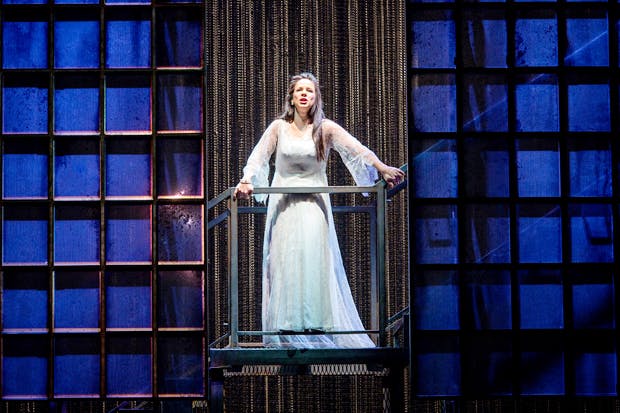

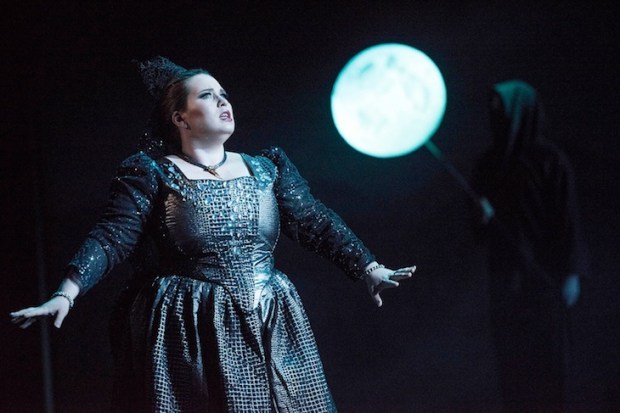
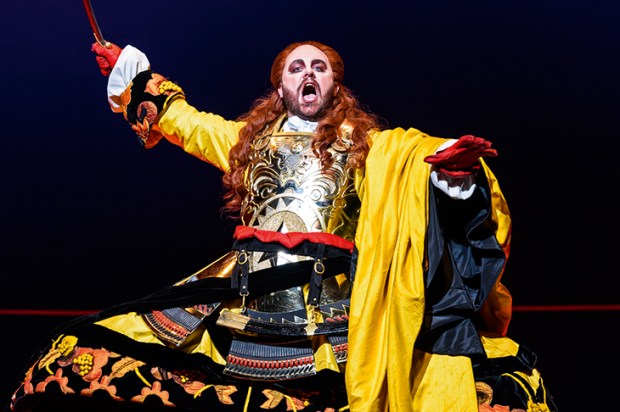
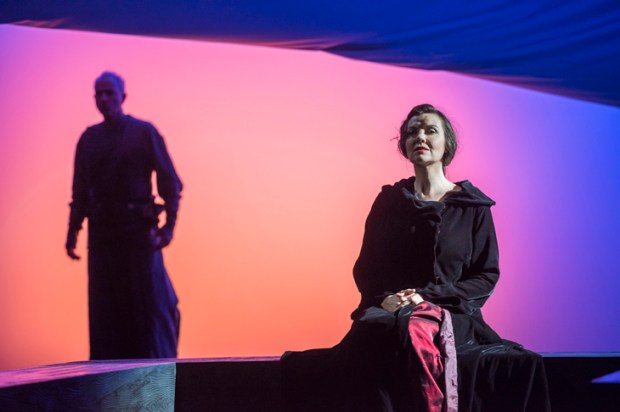
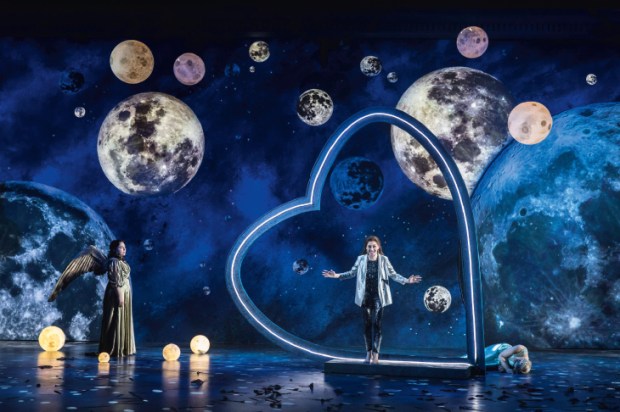






Comments
Don't miss out
Join the conversation with other Spectator Australia readers. Subscribe to leave a comment.
SUBSCRIBEAlready a subscriber? Log in